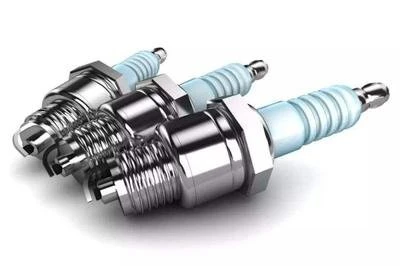10 月 . 05, 2024 21:23 Back to list
neoprene flange gasket
Understanding Neoprene Flange Gaskets Importance, Applications, and Benefits
Neoprene flange gaskets are essential components widely used in various industries to create seals between flanged connections. These gaskets play a critical role in ensuring fluid containment, preventing leaks, and maintaining system integrity under different temperatures and pressures. In this article, we will explore the importance, applications, and benefits of neoprene flange gaskets.
What is a Neoprene Flange Gasket?
Neoprene, a synthetic rubber, is renowned for its durability and resistance to various environmental factors such as temperature fluctuations, chemicals, and weather conditions. A neoprene flange gasket is typically a flat piece of neoprene material with a specific shape that fits between two flanges to create a seal. These gaskets can be custom-fabricated to meet specific dimensional and design requirements, ensuring a perfect fit for various applications.
Importance of Neoprene Flange Gaskets
1. Leak Prevention One of the primary functions of neoprene flange gaskets is to prevent leaks between flanged joints. In many industrial applications, fluids under pressure, such as water, oil, and chemicals, are transported through pipes. A properly installed neoprene gasket seals these joints, preventing any leakage that could lead to accidents, environmental contamination, or equipment damage.
2. Compensation for Surface Irregularities Flanged surfaces may not always be perfectly smooth. Neoprene gaskets can compress and adapt to surface irregularities, ensuring that a tight seal is achieved. This adaptability is crucial in maintaining the integrity of the joint over time.
3. Vibration and Shock Absorption Many industrial systems involve rotating machinery and equipment that can cause vibrations. Neoprene's elastic properties help absorb vibrations and shocks, reducing the risk of gasket failure and prolonging the life of the sealing system.
Applications of Neoprene Flange Gaskets
Neoprene flange gaskets find applications across various sectors due to their versatility. Here are some key industries where they are commonly used
1. Chemical Processing Neoprene gaskets resist a range of chemicals, making them suitable for the chemical processing industry. They are employed in piping systems, valves, and pumps to ensure safe handling of corrosive substances.
2. Water and Wastewater Treatment In water treatment facilities, neoprene gaskets provide reliable seals for pipes and tanks, preventing leaks that could contaminate potable water supplies or lead to system failures.
neoprene flange gasket

4. Automotive Industry Neoprene gaskets are used in various automotive applications, including engine components, to provide seals that withstand extreme temperatures and oil exposure.
5. Marine Applications In marine environments, neoprene gaskets resist degradation from saltwater and UV exposure, making them ideal for sealing flanged connections on boats and offshore structures.
Benefits of Neoprene Flange Gaskets
1. Durability Neoprene can withstand a wide range of temperatures and environmental conditions, ensuring long-lasting performance in diverse applications.
2. Cost-Effectiveness Neoprene gaskets offer a good balance between performance and cost, making them an economical choice for sealing solutions.
3. Easy Installation Neoprene flange gaskets are lightweight and easy to handle, simplifying the installation process and reducing downtime in maintenance activities.
4. Customizability Manufacturers can tailor neoprene gaskets to meet specific thickness, shape, and size requirements, ensuring compatibility with various flanged joints.
5. Chemical Resistance Neoprene provides excellent resistance to a broad spectrum of chemicals, including oils, solvents, and mild acids, making it suitable for challenging environments.
Conclusion
Neoprene flange gaskets are vital in establishing secure and reliable seals in countless applications, from industrial equipment to automotive engines. Their durability, adaptability, and resistance to various challenging conditions make them a popular choice across different industries. By understanding the role and benefits of these gaskets, businesses can make informed decisions regarding their sealing solutions, ultimately enhancing operational efficiency and safety.